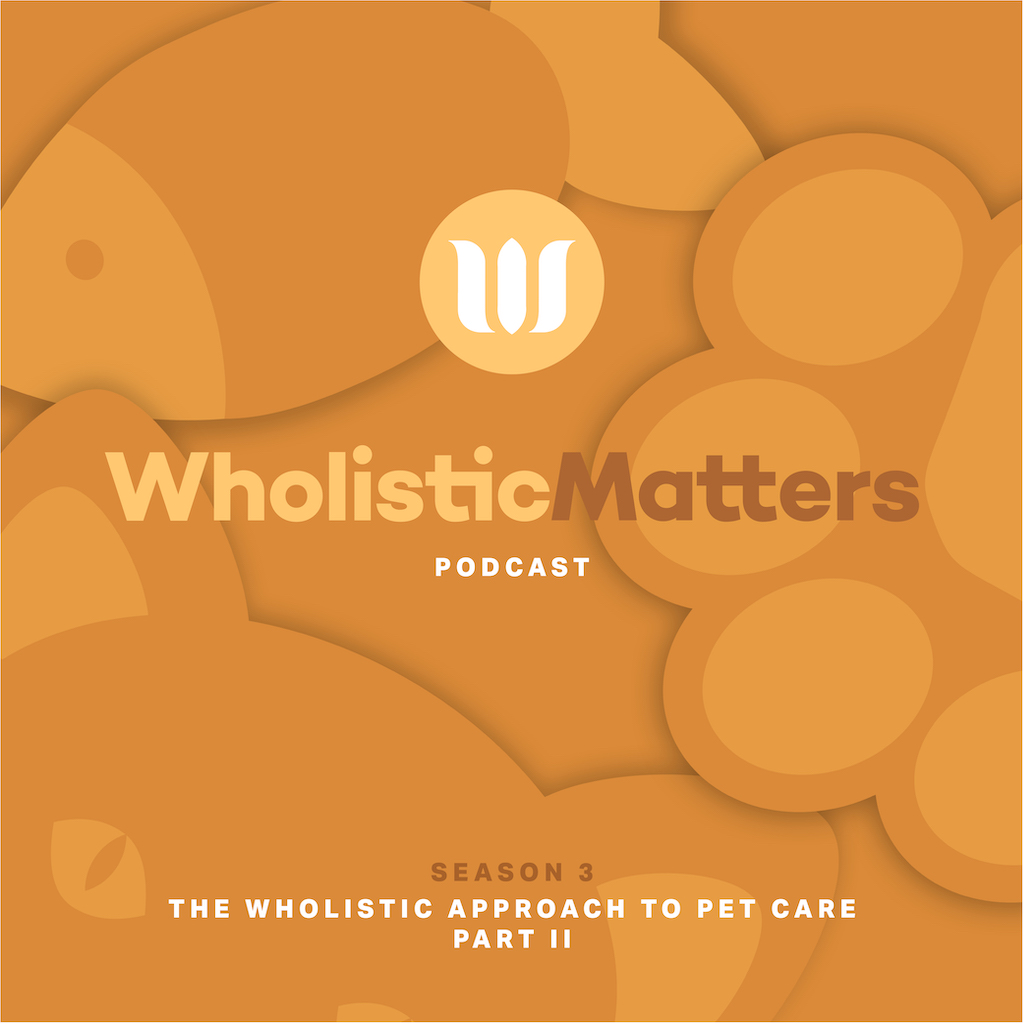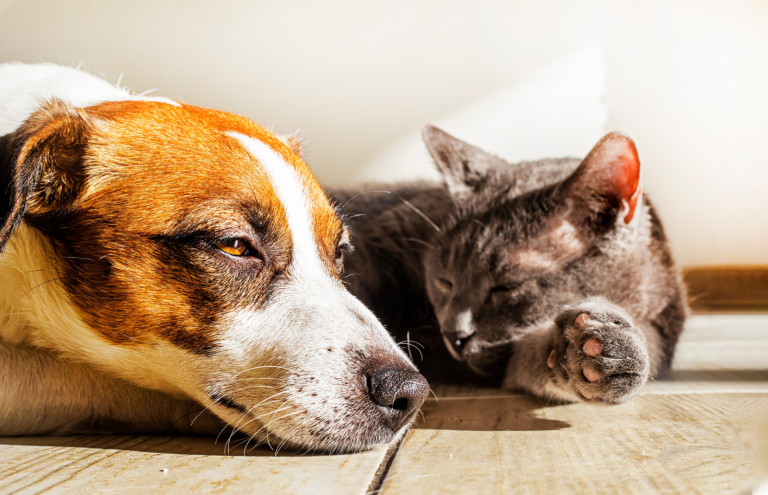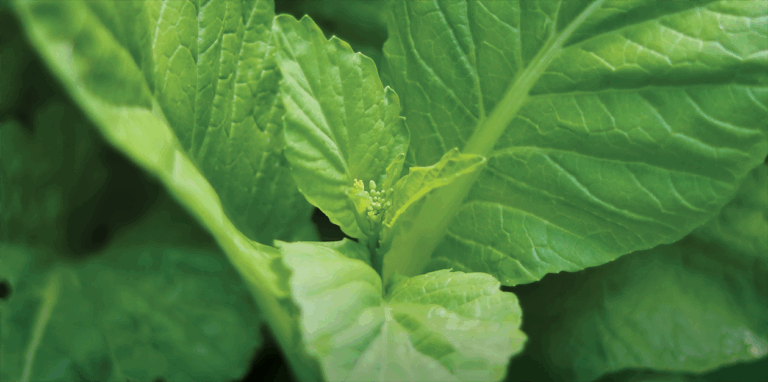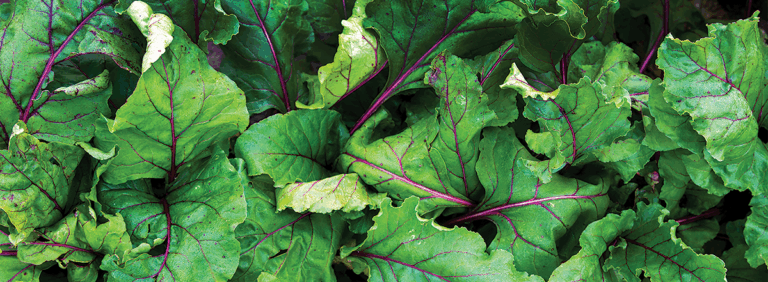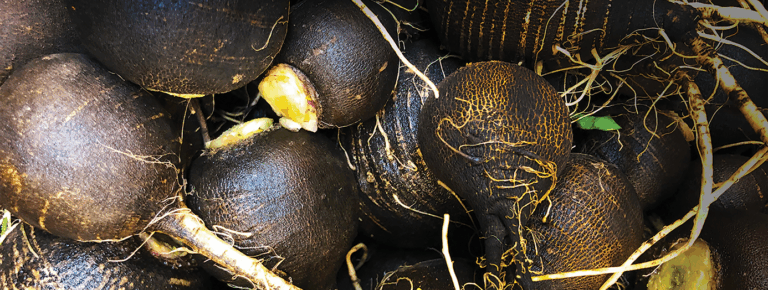Healthy Years for Geriatric Dogs
This is the fourth episode of the Wholistic Approach to Pet Care: Part II. Dr. Madeline Yamate joins us to talk about her experience working with older dogs, aging as a physiological process, and the role of food and nutrition in aging pets.
To begin, Dr. Yamate describes the difference between “senior” and “geriatric” dogs. Put simply, Dr. Yamate considers senior dogs to be healthy but showing clinical signs of aging, while geriatric dogs are closer to the end of their lifespan and have more health problems. In general, small animals tend to live longer than larger animals, and genetics and lifestyle play a role in aging and lifespan.
Dr. Yamate describes aging as a physiological process as opposed to an “inevitable numbers game.” Cells are pre-programmed to die, making a death, however paradoxical, part of life. Over time, organ tissues and systems fade. While the aging process is in some ways only a matter of time, certain factors may influence how aging unfolds for a particular pet, including genetics, size, breed, nutrition, and other lifestyle factors.
Depending on the breed of dog, pet parents may expect to see certain age-related changes in their animals, including general weakness, arthritis, cognitive dysfunction, dental disease, incontinence, and mobility issues. Dr. Yamate emphasizes the importance of food and nutrition for supporting high quality of life for pets, throughout life and through aging. She calls out fresh, whole foods (when time and money allows), whole food nutritional supplements, and herbs.
We also talk with Dr. Yamate about one of the most difficult topics regarding our beloved pets: decisions to make near the end of the pets’ lives. Dr. Yamate describes choices made here as “personal decisions depending on both the individual animal and human.”
Dr. Yamate’s final thoughts in this episode include how she relishes the ability to work with aging dogs, that nutrition is key, and this:
“Aging is not a disease. Embrace your animals as they get older.”
About Our Guest
Madeline Yamate, MBA, DVM, CVA, CVCH, CVFT, CVTP, CVSMT, received her BA from Amherst College in 1982, MBA from the Kellogg School of Management at Northwestern University in 1991, and DVM from the University of California, Davis, in 2005. She is certified in veterinary acupuncture, Chinese herbal medicine, Chinese food therapy, and tui na by the Chi University, formerly Chi Institute of Traditional Chinese Veterinary Medicine, and the China National Society of Traditional Chinese Veterinary Medicine. Dr. Yamate completed a one-year internship in acupuncture at the University of Florida College of Veterinary Medicine in 2007 and was a faculty member of the Chi Institute of Traditional Chinese Veterinary Medicine from 2006 until 2016, teaching acupuncture, herbology, food therapy, and tui na. Dr. Yamate was certified in veterinary spinal manipulative therapy in 2014 by the Healing Oasis Wellness Center and was a faculty member of the Integrative Veterinary Medical Institute in 2016 where she taught small animal veterinary medical manipulation.
Dr. Yamate has lectured internationally on integrative veterinary medicine and Traditional Chinese Veterinary Medicine and is in private practice at the Center for Integrative Animal Medicine in Davis, CA.

